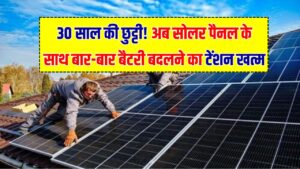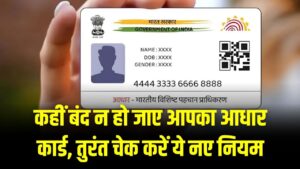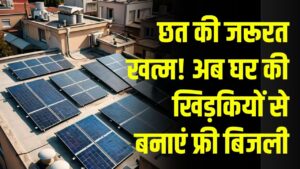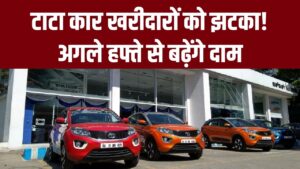Diwali, a radiant festival symbolizing joy and hope, brings families and friends together. It’s radiant lamps and colourful festivities create a sense of unity. To enrich your Diwali experience, we’ve designed an engaging quiz in this article. It’s a wonderful opportunity to learn more about Diwali while having fun. Join us in the celebration and take the quiz to enhance your knowledge of this heartwarming festival.
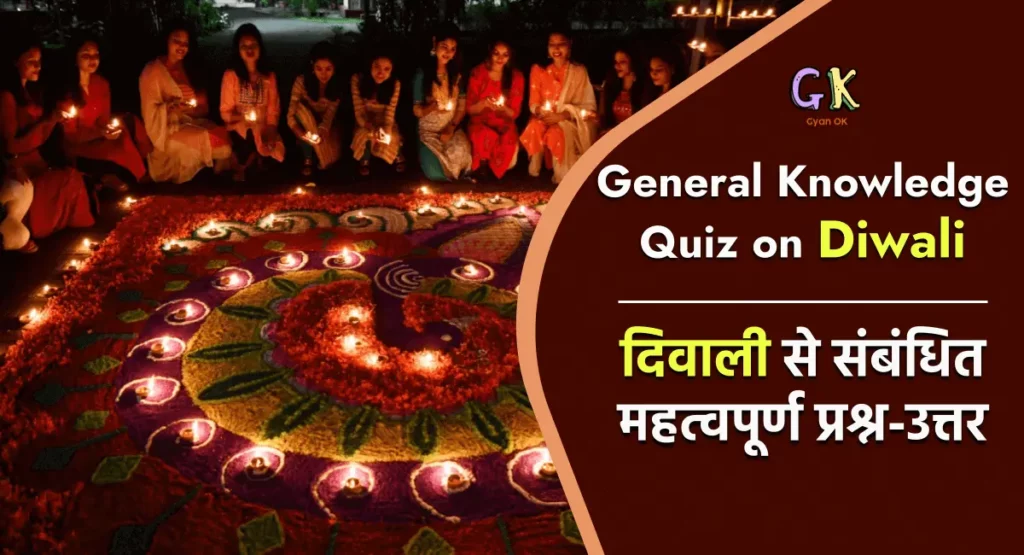
General Knowledge Quiz on Diwali
Deepavali is one of the most significant festivals in Hindu culture and is celebrated with immense enthusiasm across India and various parts of the world. It usually falls between October and November, depending on the lunar calendar. The festival spans over five days, with the main celebration occurring on the third day. Diwali, derived from the Sanskrit word ‘Deepavali,’ means “row of lights,” symbolizing the victory of light over darkness and good over evil.
The core significance of Diwali lies in its diverse cultural and religious origins. Primarily, it marks Lord Rama’s return to Ayodhya after his victory over the demon king Ravana, as described in the epic Ramayana. The lighting of oil lamps, or diyas, and the decoration of homes with colourful rangoli patterns are central customs, signifying the dispelling of ignorance and the welcoming of prosperity.
Diwali also holds spiritual importance in various other religions. In Jainism, it commemorates Lord Mahavira’s attainment of nirvana. Sikhs celebrate Diwali as Bandi Chhor Divas, remembering Guru Hargobind Sahib’s release from imprisonment. Additionally, the festival carries economic connotations, as it is considered an auspicious time for new beginnings, making purchases, and settling debts.
Following we have curated MCQs in a quiz format for you to attempt and learn something new through this fun activity.
MCQ 1: The word Diwali is derived from which language?
a) Pali
b) Apabhramsa
c) Sanskrit
d) Prakrit
Answer: c) Sanskrit
MCQ 2: Diwali is celebrated on which month of the Hindu Calendar?
a) Ashwin
b) Ashadha
c) Kartika
d) Magha
Answer: c) Kartika
MCQ 3: For how many days Diwali is celebrated in India?
a) 2 Days
b) 5 Days
c) 6 Days
d) 4 Days
Answer: b) 5 Days
MCQ 4: Who defeated Narkasur?
a) Lord Vishnu
b) Lord Rama
c) Lord Krishna
d) Lord Yama
Answer: c) Lord Krishna
MCQ 5: Which oil is used to light diya during Diwali?
a) Corn
b) Mustard
c) Groundnut
d) Coconut
Answer: b) Mustard
MCQ 6: Second day of Diwali is known as?
a) Bhai Dooj
b) Dhanteras
c) Govardhan Pooja
d) Naraka Chaturdashi
Answer: d) Naraka Chaturdashi
MCQ 7: Which day of Diwali celebrates the bond between brothers and sisters?
a) First
b) Second
c) Fourth
d) Fifth
Answer: d) Fifth
MCQ 8: For what reason Diwali is celebrated among Sikhs?
a) For Ram’s victory over Ravana
b) Release of Guru Hargobind
c) Defeat of Narakasura by Shri Krishna
d) None of the above
Answer: b) Release of Guru Hargobind
MCQ 9: Diwali is not a major celebration among which religion?
a) Jainism
b) Sikhism
c) Judaism
d) Hinduism
Answer: c) Judaism
MCQ 10: What does the lighting of oil lamps (diyas) during Diwali symbolize?
a) Victory of good over evil
b) Victory of demons over gods
c) Welcoming winter season
d) Preparation for the harvest festival
Answer: a) Victory of good over evil
MCQ 11: Which Hindu goddess is particularly revered during Diwali for wealth and prosperity?
a) Saraswati
b) Durga
c) Parvati
d) Lakshmi
Answer: d) Lakshmi
MCQ 12: What does the festival of Diwali mark for Sikhs?
a) Guru Nanak’s birthday
b) Guru Gobind Singh’s birthday
c) Guru Hargobind’s release from captivity
d) Guru Granth Sahib’s compilation
Answer: c) Guru Hargobind’s release from captivity
MCQ 13: What is the significance of the tradition of drawing rangoli patterns during Diwali?
a) Seeking blessings from ancestors
b) Welcoming guests into the house
c) Invoking protection from evil spirits
d) Beautifying the home and creating positive energy
Answer: d) Beautifying the home and creating positive energy
MCQ 14: Which festival often overlaps with Diwali and involves the worship of Govardhan Hill?
a) Holi
b) Navratri
c) Janmashtami
d) Govardhan Puja
Answer: d) Govardhan Puja
MCQ 15: What is the primary significance of the exchange of gifts and sweets during Diwali?
a) Symbolizing humility and respect
b) Demonstrating wealth and status
c) Strengthening family bonds and friendships
d) Offering gratitude to the deities
Answer: c) Strengthening family bonds and friendships
MCQ 16: In which Indian state is Diwali also known as “Kali Puja”?
a) Uttar Pradesh
b) West Bengal
c) Maharashtra
d) Rajasthan
Answer: b) West Bengal
MCQ 17: During Diwali, people worship Lord Ganesha for:
a) Knowledge and wisdom
b) Health and longevity
c) Prosperity and success
d) Love and compassion
Answer: c) Prosperity and success
MCQ 18: Which historical figure participated in Diwali celebrations and was one of the first U.S. Presidents to do so?
a) Abraham Lincoln
b) John F. Kennedy
c) Franklin D. Roosevelt
d) Barack Obama
Answer: d) Barack Obama
MCQ 19: What is the name of the ritual where brothers give gifts to their sisters during Diwali?
a) Raksha Bandhan
b) Karva Chauth
c) Bhai Dooj
d) Holi
Answer: c) Bhai Dooj
MCQ 20: Which Indian festival shares similarities with Diwali in terms of celebrating light over darkness?
a) Pongal
b) Baisakhi
c) Makar Sankranti
d) Chhath Puja
Answer: c) Makar Sankranti
MCQ 21: What is the significance of cleaning and decorating homes during Diwali?
a) Preparing for winter season
b) Inviting deities into the home
c) Getting ready for family gatherings
d) Reflecting on the past year
Answer: b) Inviting deities into the home
MCQ 22: Which mythological demon was defeated by Lord Krishna, leading to the celebration of Naraka Chaturdashi during Diwali?
a) Ravana
b) Hiranyakashipu
c) Narakasura
d) Mahishasura
Answer: c) Narakasura
MCQ 23: Which of the following is NOT a traditional Diwali sweet?
a) Gulab Jamun
b) Jalebi
c) Dhokla
d) Barfi
Answer: c) Dhokla
MCQ 24: In addition to lamps, what else is floated in water bodies during Diwali as a form of celebration?
a) Flowers
b) Incense sticks
c) Sweets
d) Paper lanterns
Answer: d) Paper lanterns
MCQ 25: Which legendary king was said to have started the tradition of lighting lamps during Diwali?
a) Ashoka the Great
b) Chandragupta Maurya
c) Raja Harishchandra
d) King Vikramaditya
Answer: d) King Vikramaditya
MCQ 26: Which festival is considered the “Festival of Lights” in Sikhism and often coincides with Diwali?
a) Hola Mohalla
b) Baisakhi
c) Lohri
d) Bandi Chhor Divas
Answer: d) Bandi Chhor Divas
MCQ 27: Which Hindu epic features the story of Lord Rama and his return to Ayodhya, which is central to Diwali celebrations?
a) Mahabharata
b) Bhagavad Gita
c) Ramayana
d) Upanishads
Answer: c) Ramayana
MCQ 28: In which country outside of India is Diwali celebrated as a public holiday?
a) Nepal
b) Sri Lanka
c) Mauritius
d) Pakistan
Answer: a) Nepal
MCQ 29: What is the purpose of bursting fireworks during Diwali?
a) To ward off evil spirits
b) To entertain children
c) To celebrate the harvest season
d) To commemorate historic battles
Answer: a) To ward off evil spirits
MCQ 30: Which of the following is NOT a traditional Diwali decoration?
a) Rangoli
b) Toran (door hangings)
c) Christmas lights
d) Flower garlands
Answer: c) Christmas lights

